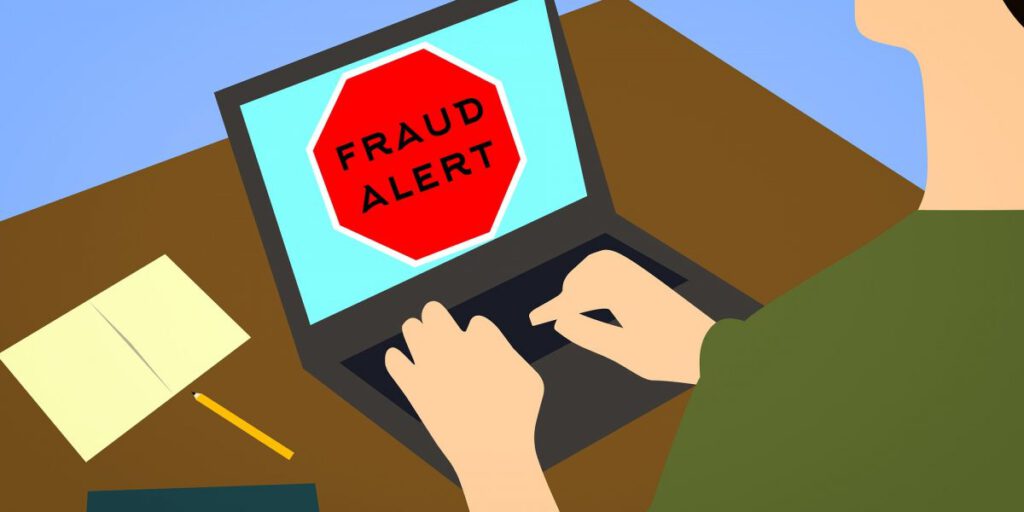- In a letter received by the CEO and founder of FTX, Sam Bankman-Fried, the committee noted that while some exchanges do comprehensive reviews before listing digital assets, others go through little or no review or vetting to approve listings.
- The committee expects a response by September 12 with information on measures taken to protect customers.
U.S. House of Representatives has in a recent letter requested four agencies namely: the U.S. Department of the Treasury, the Commodity Futures Trading Commission, the FTC, and the Securities and Exchange Commission (SEC), and five crypto exchanges including Coinbase, FTX, Binance U.S., Kraken, and KuCoin to submit fraud prevention documents dating back to 2009.
The committee expects a response by September 12 with information on measures taken to protect customers. According to reports, the response could be used in formulating legislative solutions.
In a letter received by the CEO and founder of FTX, Sam Bankman-Fried, the committee noted that while some exchanges do a comprehensive review before listing digital assets, others go through little or no review or vetting to approve listings. This has been a cause for concern as Blockchain analytics firm, Chainalysis reported that 37 percent of crypto scam revenues last year were made through rug pulls. Developers have over the years been accused of listing tokens on exchanges, pumping them up, and then disappearing with the money.
Crypto exchanges and agencies act without clear definitions and guidance – Krishnamoorthi
According to reports, the committee expects the provided documents to capture an attempt to “identify, investigate, and remove or flag potentially fraudulent digital assets or accounts.” Also, there should be a discussion on the need to introduce a more stringent policy.
Rep. Raja Krishnamoorthi, D.-Ill., Chair of the Subcommittee on Economic and Consumer Policy observes that scammers capitalize on the desperation of investors lured into the industry with the possibility of making fortunes overnight.
The lack of a central authority to flag suspicious transactions in many situations, the irreversibility of transactions, and the limited understanding many consumers and investors have of the underlying technology make cryptocurrency a preferred transaction method for scammers.
Krishnamoorthi also pointed out that some of the agencies act without any clear definition and guidance. Binance.US, one of the recipients of the letter of inquiry, has over a couple of years been battling class action lawsuits for misleading customers on the safety of dealing with terraUSD (UST) and Luna. These assets with a combined value of around $60 billion have become valueless overnight.
This, coupled with the collapse of Voyager Digital and Celsius, which once offered a double-digit annual percentage yield, has raised concerns and the need to regulate the industry. One other area of importance calling for customer protection is how investors were considered unsecured creditors during the bankruptcy proceedings of Voyager and Celsius. This pushes away any form of guarantee that the customers affected could get their monies back.


